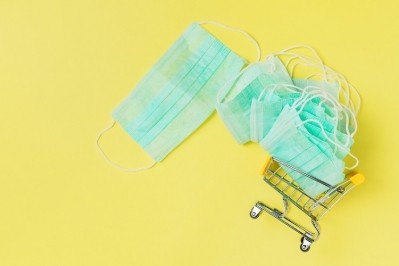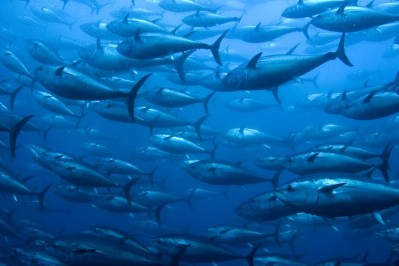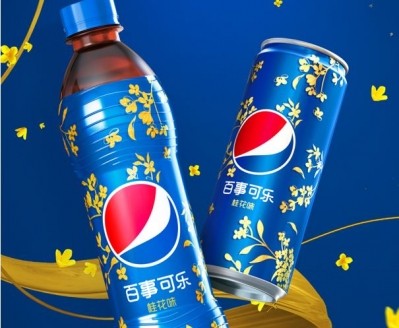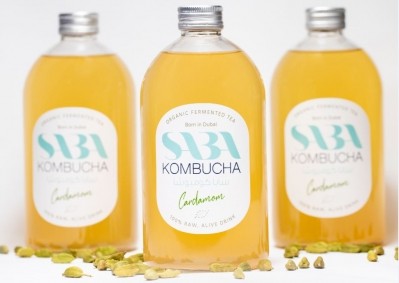Distribution, cultural diversity and trust: Why there is no COVID-19 panic buying in UAE
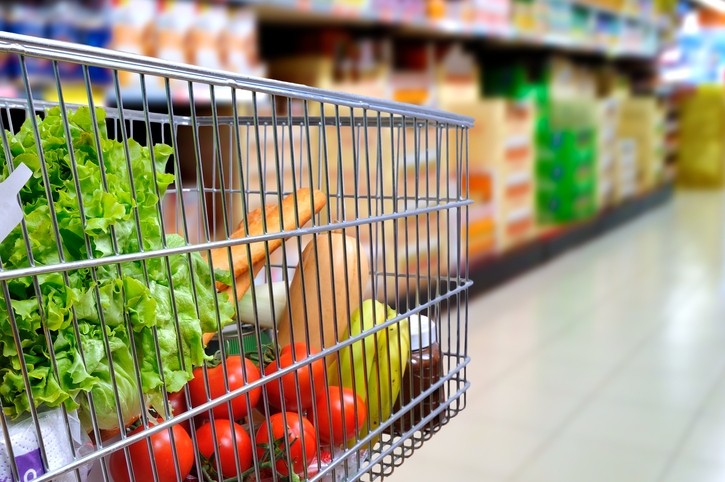
This is according to Richard Nicoll, chief commerce officer and managing director at Liquid, an independent marketing agency which counts large FMCG companies like P&G, Nestle, Pepsi, and Carrefour as clients.
Nicoll cited distribution, cultural diversity and trust as three factors why the UAE is not seeing the same level of panic buying.
“First, Dubai is a large logistics hub, and lots of goods pass through this region on their way to other markets. This indicates that Dubai already has an established distribution system, so products are readily available in stores in the Middle East,” he told FoodNavigator-Asia.
“Secondly, the UAE has a huge cultural diversity. There are many expats from the West like UK, and Asia such as India, the Philippines, and Pakistan residing in UAE.”
Nicoll said being culturally diverse, means retailers offer a wide variety of products to cater to different needs.
“In supermarkets here, consumers head for their preferred foods, the demand is spread out. This is unlike the UK where people are just, for instance, heading for the pasta aisle. Of course, there are some exceptions such as toilet rolls and antibacterial products.”
Lastly, Nicoll said there is a high degree of trust between shoppers and retailers in the UAE, resulting in no need for panic buying.
He told us that the UAE government recently placed a price cap on food essentials and staple foods such as flour, rice, sugar, salt, and that fines are imposed if retailers sell them at a higher rate.
“(I think) this is a remarkably good initiative from the government, and it boils down to trust. Nobody can exploit the situation without penalty.”
He added that retailers needed to understand that were providing a vital service for the community at such trying times.
Retail will change
He added that the likes of Carrefour had seen a surge in online orders with people less likely to shop in physical stores.
“It is not just supermarkets, other online grocery providers such as Amazon, and grocery apps like Instashop and El Grocer have seen order bookings and frequency increase significantly.”
These grocery apps take orders and fulfil them from local supermarkets. According to Nicoll, grocery apps have become increasingly popular even before the COVID-19 crisis, but now they are seeing business surge five to six times month-on-month.
Nicoll also noted that there is a higher demand for foods with health benefits, such as probiotic yoghurt with immunity-boosting properties.
Save time or kill time
He expressed that this crisis will eventually change the retail scene in the Middle East, especially e-commerce.
“In the Middle East, people are just looking for convenience, they know what they want to buy and they go onto ecommerce platforms to purchase and have it delivered. Ecommerce in the Middle East is for saving time, but in Asia, ecommerce is for killing time.
“But we are seeing a small trend in experiential tactics in the Middle East too. For instance, El Grocer in the UAE has incorporated a recipe suggestion function, as well as involved food influencers in user experiences.”
